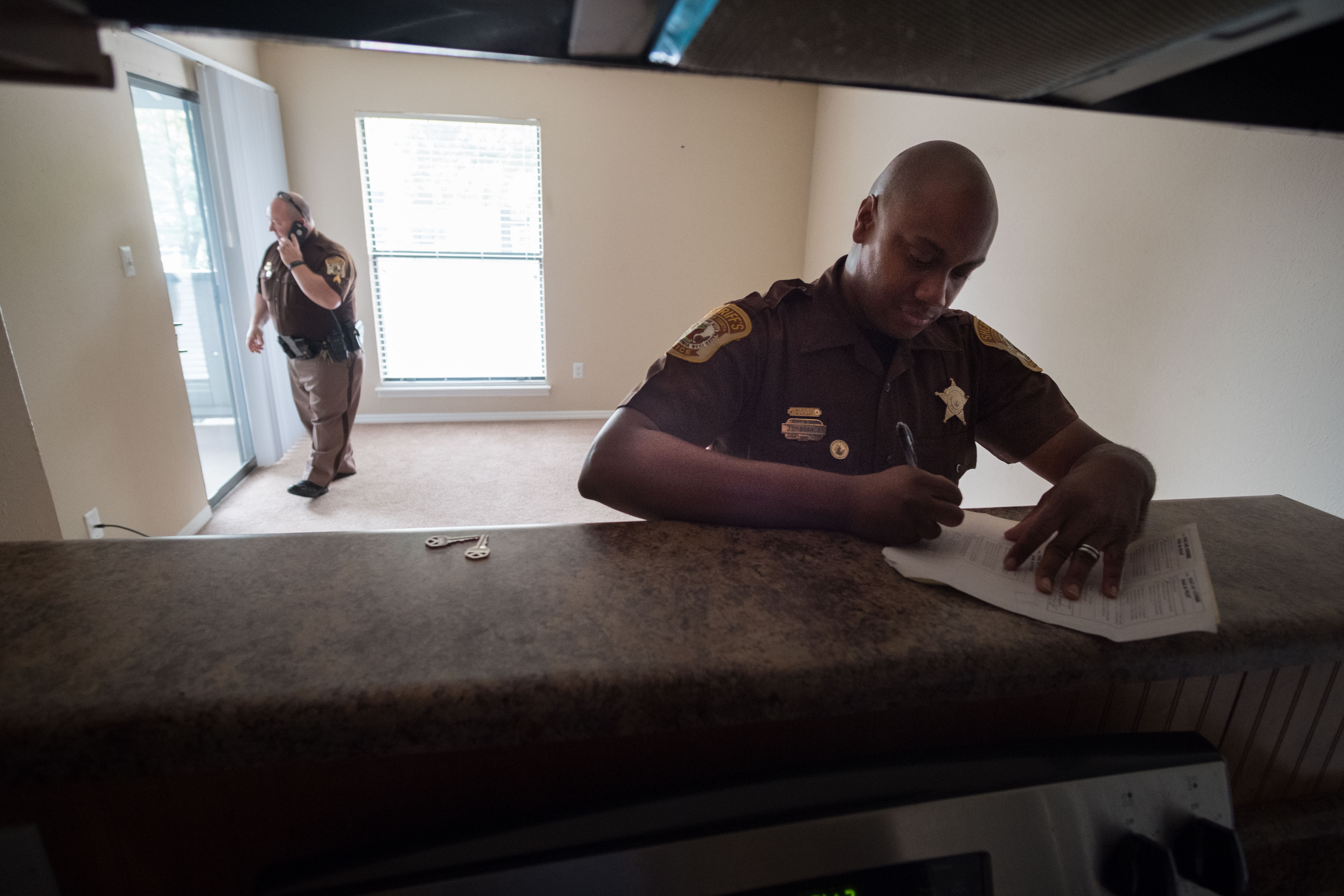By Ned Oliver
The Supreme Court of Virginia declared a judicial emergency March 16, a sweeping order that has suspended all non-emergency court actions.
It was widely understood to include evictions — a point of particular concern amid pleas that people stay in their homes to avoid spreading COVID-19. But some courts didn’t read it that way, continuing to hold hearings this week and, in at least two cases, issuing eviction judgments against tenants.
The confusion prompted the high court’s executive secretary to issue a notice to all judges and clerks explicitly instructing them to stop hearing the cases.
“We have received a number of questions … specifically about eviction proceedings,” wrote Karl Hade, the court’s top administrator, noting that the order directed courts to delay civil matters, which would include eviction proceedings.
“While new petitions for evictions may be filed, it is anticipated that eviction proceedings will be suspended for the duration of the order as they are not emergency or mission critical proceedings.”
Christie Marra, the Virginia Poverty Law Center’s director of housing advocacy, said that courts in Fredericksburg, Leesburg, Loudoun and Hanover had all continued to hear cases.
In Loudoun and Hanover, judgments were issued that could be used to order tenants from their homes.
Until the Supreme Court explicitly told judges to stop scheduling eviction cases, Marra said lawyers were scrambling to respond. “You’re putting people in a position of, ‘I’m going to defend my client or defend myself’ but there are more than 10 people gathered there” in contradiction of guidance issued by state and federal authorities, she said.
A clerk in Hanover’s court confirmed that they had been scheduling the cases but stopped Wednesday after the Supreme Court explicitly addressed the issue.
Tenants have also been confused by the order. More than 45 residents of an apartment complex in Richmond received notice they were being sued for eviction late last week but no indication that the cases would not actually be heard until their city councilman intervened.
Councilman Michael Jones, who represents a ward in the city’s south side, said he received a panicked call about the situation on Tuesday.
“A lot of the residents went up to the office, but they really didn’t get any answers because I think they were just trying to strong arm them,” Jones said.
After he called the management company, he said they consulted with their lawyers and confirmed with the residents that the cases would not be heard. (In a phone call, a representative of the company would only confirm that the cases are being delayed but would not otherwise discuss Jones’ account of their actions.)
But he noted the relief is only temporary and people’s economic situations are only going to get worse.
“You figure the full effect of this pandemic, it’s not even on us yet,” Jones said. “My concern isn’t this first week. … It’s week two, week three, week four of isolation.”



